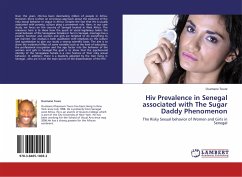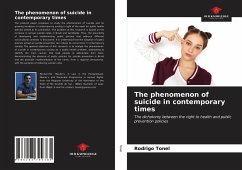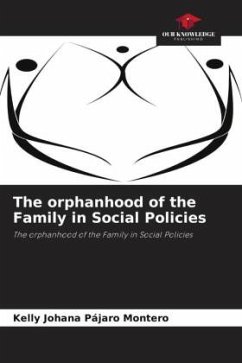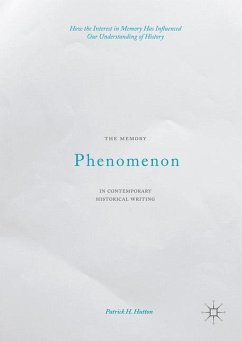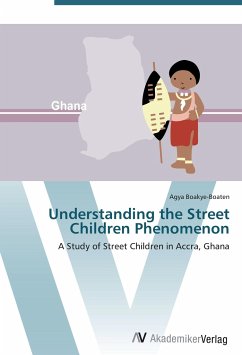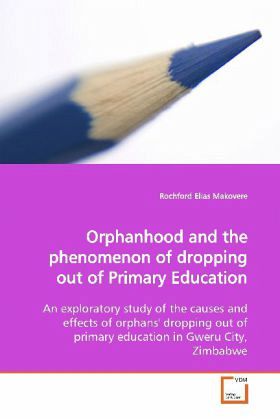
Orphanhood and the phenomenon of dropping out of Primary Education
An exploratory study of the causes and effects of orphans' dropping out of primary education in Gweru City, Zimbabwe
Versandkostenfrei!
Versandfertig in 6-10 Tagen
32,99 €
inkl. MwSt.

PAYBACK Punkte
16 °P sammeln!
While the issue of primary school dropouts hasattracted growing attention in educational researchand social policy circles, very few researchers havedirected their interests to explore in detail whyorphans drop out of primary education and theconsequences of such. The work of this book isgrounded in the data that were generated usingqualitative in-depth interviews and fieldobservations in Gweru City, Zimbabwe. Orphans dropout of primary education due to family-related,community-related, school-related andpolicy-related factors. The analysis thereforedenotes an institutional perspective as it m...
While the issue of primary school dropouts has
attracted growing attention in educational research
and social policy circles, very few researchers have
directed their interests to explore in detail why
orphans drop out of primary education and the
consequences of such. The work of this book is
grounded in the data that were generated using
qualitative in-depth interviews and field
observations in Gweru City, Zimbabwe. Orphans drop
out of primary education due to family-related,
community-related, school-related and
policy-related factors. The analysis therefore
denotes an institutional perspective as it mentions
that, dropping out of primary education is as a
result of the weakening of the vital institutions
(external factors)rather than orphans independent
decisions. Based on the data; dropping out of primary
education comes as a process and not as an event.
Moreover, the consequences of dropping out of primary
education were seen to be dire; street children,
child labour, child abuse, teen substance abuse, teen
pregnancies, single motherhood, child prostitution,
STIs, HIV/AIDS, juvenile delinquency, illiteracy,
poverty and a reduced life expectancy.
attracted growing attention in educational research
and social policy circles, very few researchers have
directed their interests to explore in detail why
orphans drop out of primary education and the
consequences of such. The work of this book is
grounded in the data that were generated using
qualitative in-depth interviews and field
observations in Gweru City, Zimbabwe. Orphans drop
out of primary education due to family-related,
community-related, school-related and
policy-related factors. The analysis therefore
denotes an institutional perspective as it mentions
that, dropping out of primary education is as a
result of the weakening of the vital institutions
(external factors)rather than orphans independent
decisions. Based on the data; dropping out of primary
education comes as a process and not as an event.
Moreover, the consequences of dropping out of primary
education were seen to be dire; street children,
child labour, child abuse, teen substance abuse, teen
pregnancies, single motherhood, child prostitution,
STIs, HIV/AIDS, juvenile delinquency, illiteracy,
poverty and a reduced life expectancy.



